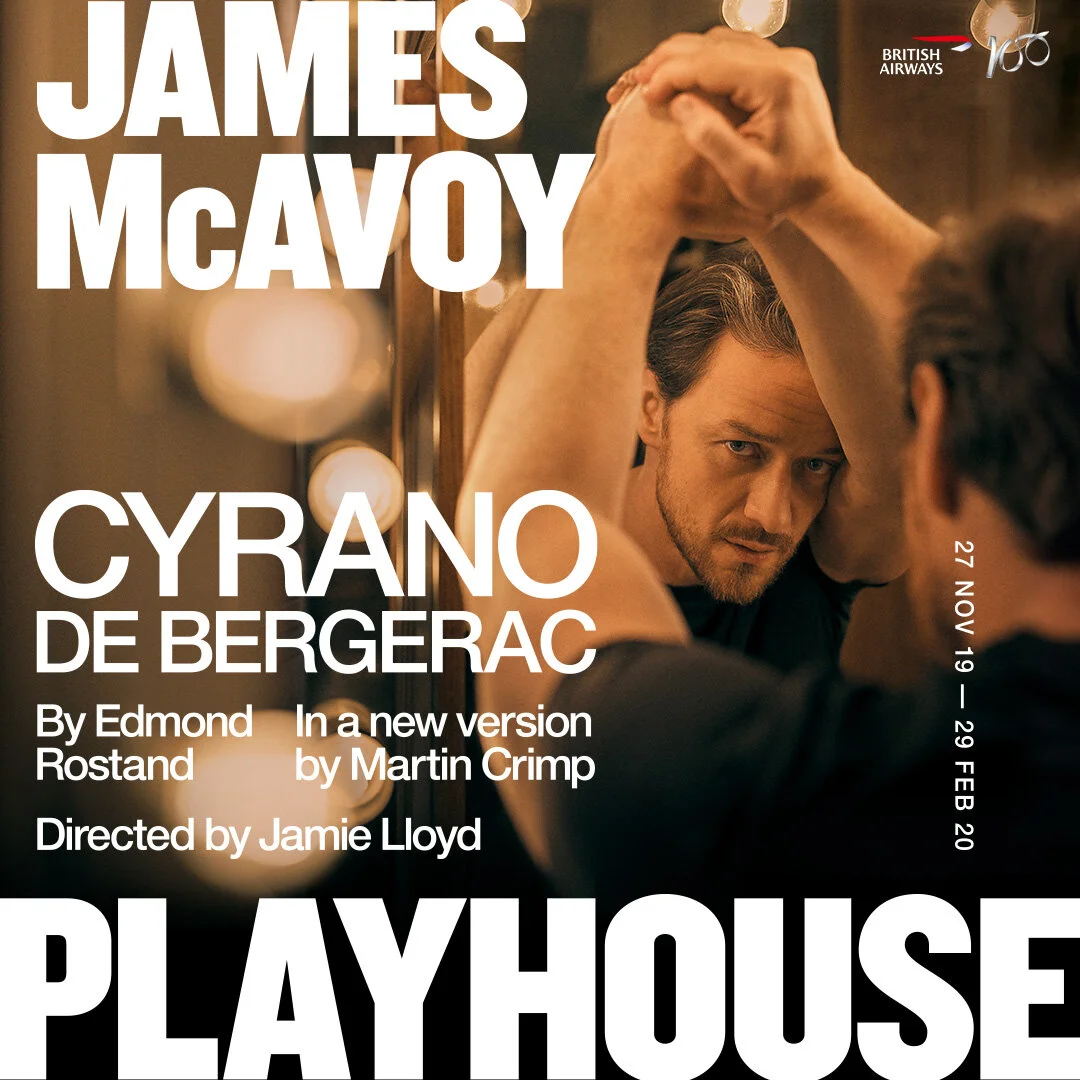Fleabag
So I’d never seen Fleabag. I know it seems odd considering that seemingly everyone I know and everyone in my circles has, but I somehow managed to escape it. It wasn’t on purpose, until recently. I had intended to watch it and then when the second series was looming I intended to watch it then too. I had rather intended to watch it over summer but then I saw that it was back in London as a stage show and I decided that I’d waited a couple years, and I thought I could justify another month or so to see the stage version first.
I was never going to shell out vast sums to engage in a cultural zeitgeist that I had no existing affection for, and you don’t leave something as curious a phenomenon as this up to a ticket lottery. So when I noticed there was an NT Live broadcast I was first in line (or should that be online?). I saw that tickets were on sale, I called my mum to ask if she’d like to go - she’d never seen it either, so she seemed a good companion - and went back online to find that there were only 6 seats left in the screening and only two of those were together. I picked those ones as it seemed polite and spent the next month or so actively avoiding a show I couldn’t seem catch a glimpse of for the 18 months prior.
So, what did I think? Unspoilt by the more depthful (or so I’m told) show, with little more than a quiet admiration for Waller-Bridge as a writer I’ve enjoyed in an exclusively tertiary manner and with an only mild bias against things that bare sycophanantical fandoms, what did I think? It was great.
Part of me thinks I should leave it there; a long drawn out prelude to a rather short final product seems apt for my experience of Fleabag. However, as I’m sure I will now continue on to the show itself, it seems also fitting to continue this also.
I’m not surprised that it was good. It is painfully difficult to build a following like this without being at least in some part good. I’m also not surprised that it was so clever. While I’ve been recommended it by near enough everyone and their mum (literally), I do hold some of those people in high regard when it comes to suggestions. What I was surprised about is how immersive Waller-Bridge makes it. Yes, I may have been treated to my fair share of bad one person plays, and yes, that may affect this opinion, but the whole show flew by and as much as it might be an incredible piece of character development, it goes much further. It touches on the nerve of a generation that seems afraid to say it’s darker thoughts. It highlights the dangers of a modern cult that pretends that they are pure of mind. It uses the character of Fleabag to point out what makes people uncomfortable and in effect, I hope intentionally, it mocks a whole strata of society that would like to believe that we shouldn’t have these conversations out loud.
A couple of years ago I wrote an essay about why cringe comedy was so important; it used the awkward pauses to teach us the limits of what one might call proper behaviour. It gives you that beat to quietly interrogate why that behaviour might be inappropriate without the safety of a punchline or laugh track to help you ignore it. It was nicely cited with Freud and Bahktin and made an interesting point.
I suppose the opposite could be said about about Fleabag. Not the nicely cited aspect or the interesting point part, but the actual concept here; by following up with punchlines Waller-Bridge critiques her audience without them ever fully feeling it. The points at which people don’t laugh, points where you think she’s leading to describing an assault or describing a potentially clinically ill child but it turns out to be a joke end up being the telling moments. The moments where people are uncomfortable laughing reveal why a character like this is important.
I hope this doesn’t sound like a gross overstatement but I think in time we will see Fleabag as the Tyler Durden of this generation. The character is a little more than a person in a TV show, she’s emblematic of a moment where people would like to believe that they are something a little more than their reality actually is. Not everyone can be mid nineties, effortlessly sexy, Brad Pitt, and not everyone can be the witty and critically engaged Fleabag. There nothing wrong with wanting to believe that but sometimes it takes the self awareness of stepping back to see that you’re the joke.
I guess we’ll see how the show, both the theater and TV iterations, age. I know that some have said that the stage production has already aged badly, with jokes that shouldn’t be told and that leave an audience uneasily silent. I would imagine they didn’t laugh when it was first put on and that these moments are actually the most important. They reveal what Waller Bridge truly understands about people; we have those thoughts, we laugh silently at things we wouldn’t out loud and that the world is open for play.





